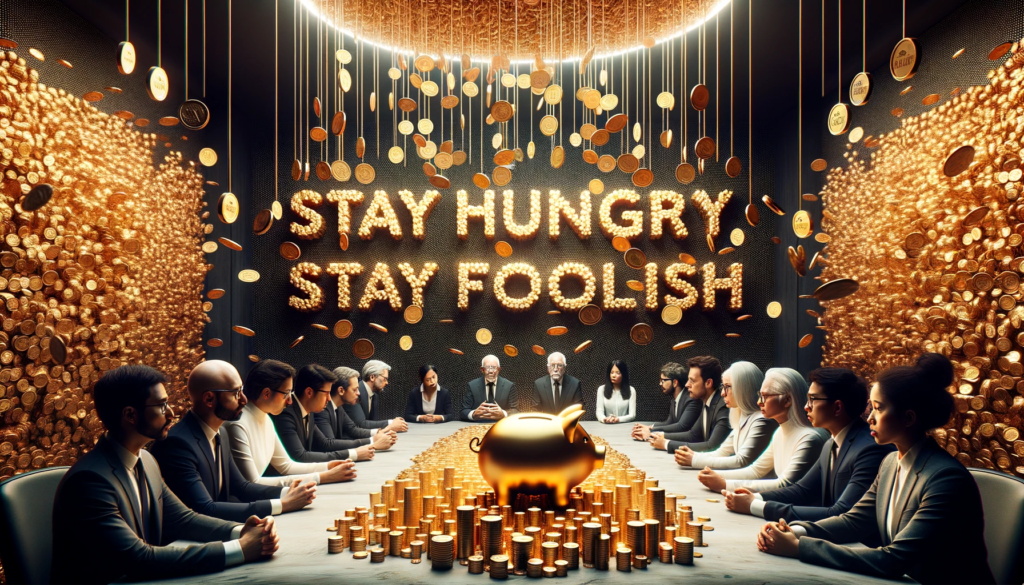
“What if someone had to pay for each word we spoke, much like the character played by Rajendra Prasad in the comedy film ‘Ahana Pellanta,’ directed by Jandhyala? In the movie, the character humorously demands payment for speaking, citing the use of his vocal cords as the reason. If we were to adopt a similar approach, where we had to pay to listen and others had to pay to speak to us, would our conversations become more meaningful? This thought experiment raises the question of how much we truly value our words and the act of communicating.”
The laughter generated by Rajendra Prasad’s character sets the stage for a captivating thought experiment. What if each syllable leaving our lips was a line item on an invoice? Sounds absurd, right? But like all intriguing questions, it opens up a landscape of fascinating insights, especially when examined through the lens of entrepreneurship and conviction.
The Business of Words: A New Entrepreneurial Frontier
Imagine you are a startup founder, walking into a boardroom full of venture capitalists. You’re equipped not just with a pitch deck but also with a “verbal budget.”
Dialogue:
- Investor: “So, tell me about your startup’s unique selling proposition.”
- Founder: “Innovative tech. High ROI. Scalable.”
- Investor: “Just three phrases? Is brevity the soul of your business model, too?”
- Founder: “When words cost money, brevity becomes an asset.”
In this alternate universe, the art of communication turns into an economic game. Your pitch isn’t just about articulating your vision; it’s about doing so in the most cost-effective manner. It’s not about verbosity; it’s about value. And let’s not forget, in such a world, the words you choose to invest in say as much about your conviction as the dollars you put into your venture.
Challenges & Triumphs: The Winners and Losers in the Word Economy
Think of this paradigm shift as a sort of “verbal Darwinism.” Only the most efficient would survive, like a linguistic version of natural selection.
But what would be the societal costs? How many would fail, not for lack of ideas, but for lack of economical articulation? On the flip side, would this scarcity create a more purposeful engagement, a new breed of entrepreneurs who aren’t just tech-savvy but also “word-wise”?
Picture Steve Jobs in this world. Would his iconic “Stay hungry, stay foolish” have the same resonance if each word had a dollar value attached to it? Or would the weight of the cost make the message even more compelling?
From Thought Experiment to Real-World Reflection
We started with a humorous anecdote from a comedy film and transitioned into a deep, multi-faceted exploration of language and value. So, what can we glean from this conceptual voyage as we return to our current reality where words are free but still hold immense power?
Firstly, the ability to adapt is key. Our world is constantly changing, and whether it’s emerging technologies or fluctuating market conditions, the key to enduring success is the ability to adapt.
Secondly, it’s an invitation to introspect on how we currently “spend” our words. Are we investing them in things that matter? Are our conversations reflective of our priorities, our convictions?
Conclusion: The Future of Our Words
As outlandish as it may seem, the idea of paying for words serves as a compelling framework to evaluate the weight and worth of what we say and hear. It reminds us that words, like any other resource, should be managed wisely. It propels us to be more intentional, more economical, and ultimately, more authentic in how we express ourselves.
So, in a world where expressions are still free, will you hoard your words or invest them wisely? The value of your words, much like your actions, shapes the world you live in. Choose wisely.
